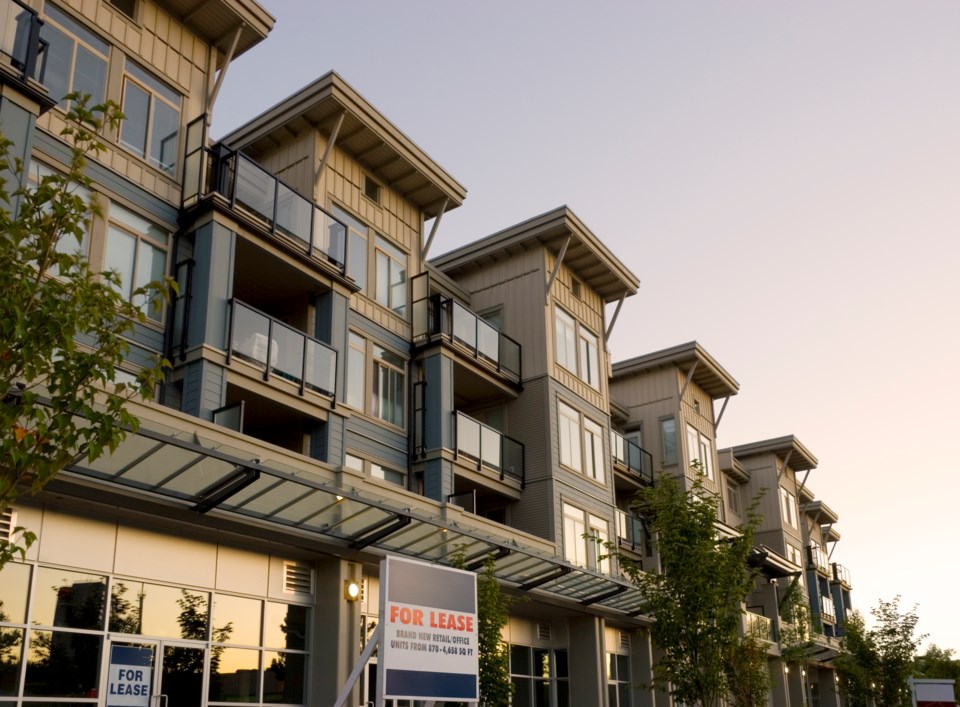Rent increases in B.C. are now capped at 3.5 per cent for 2024, according to a Sept. 11 announcement by the Ministry of Housing.
The maximum allowable rent increase is the highest it has been since 2018, four per cent, while also being set below the inflation rate for the second year in a row, according to a government news release.
“Across the country, costs have been increasing — especially for housing — at a rate that’s unsustainable for many people,” said Ravi Kahlon, Minister of Housing, in a statement.
“We know that’s the case for both landlords and renters, and that’s why we’ve found a balance to protect renters while helping to keep rental units on the market.”
Residential tenancy regulations place a maximum allowable rent increase that is based on the inflation rate. Prior to 2018, the rent cap was calculated based in the inflation rate plus two per cent but was changed following a recommendation by the Rental Housing Task Force.
The rental cap is below the year-long average inflation rate of 5.4 per cent and was avoided to save B.C. renters money.
However, the government release notes that as inflation returns to normal levels, rental caps will return to increases that are tied to the province’s Consumer Price Index.
“With renters facing a possible rent increase of almost 6 per cent, the government listened to the voice of renters and acted, and I'm so glad they have,” said Spencer Chandra Herbert, Premier’s Special liaison for Renters, former chair of the Rental Housing Task Force and MLA for Vancouver-West End, in the release.
“We also know people renting out homes are facing increased costs and want to make sure they continue to make places available for long-term renters.”
Rent increases were paused in 2020 and 2021 during the pandemic with the rental cap in 2023 at two per cent. Last year’s rental cap was also below the 12-month inflation rate of 5.4 per cent, according to the B.C. government.
Thom Armstrong, CEO of Co-operative Housing Federation of British Columbia, acknowledged both tenants and landlords are being squeezed: the former by the cost of living, the latter by the cost of maintaining buildings and reinvesting in them.
Asked by Glacier Media if the government should have delayed the increase, considering how renters are already paying big rents, Armstrong said that would've introduced more uncertainty into the market.
“People don't know where or how they should invest, and tenants don't know what they should try to commit themselves to. I think it's better just to get it done, and try and figure out how to smooth out the bumps along the way,” Armstrong said.
For Richard Heikkila-Sawan, who currently lives in temporary housing in Vancouver but just got accepted to a new co-op, rent increases "should be
zero."
"It should go backwards, not higher because landlords are making too much money as it is, especially landlords that have an older building and have done nothing to improve it or renovate it — and then they still get to charge more,” he said. More than 50 per cent of residents in Vancouver are renters. City staff has also previously said 75 per cent of newcomers to Vancouver are renters.
He added: “What the city considers affordable, it's not affordable at all. It's been out of touch for a long time.”
The rental cap of 3.5 per cent will apply to rent increases with an effective date on or after Jan. 1, 2024, and will not apply to commercial tenancies, non-profit housing tenancies in which rent is tied to income, co-op housing and some assisted-living facilities.



